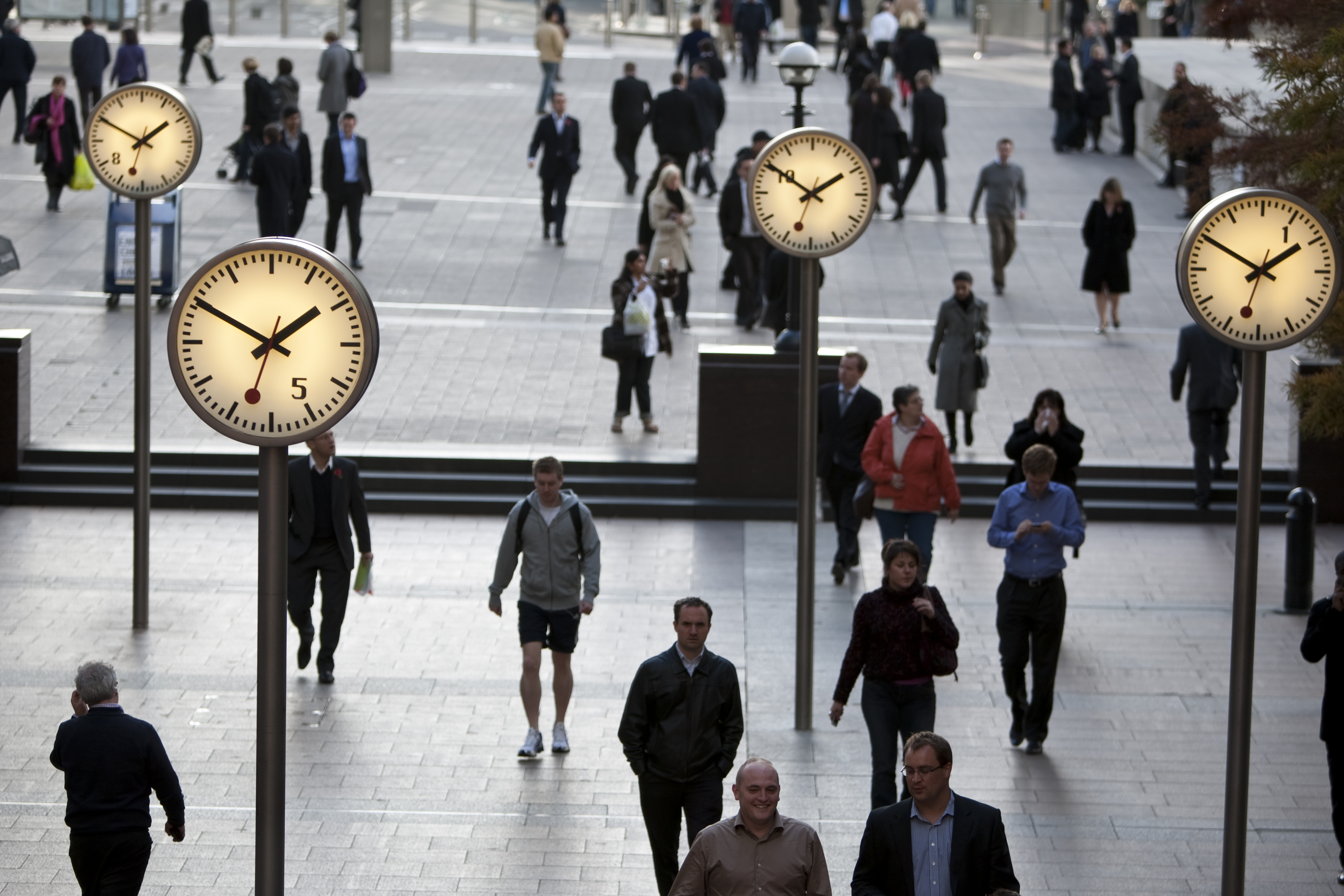Anxiety
Anxiety. It passes through all our lives, and at times it is helpful. A little anxiety can serve to push us to perform better. It keeps us on our toes, alert and ready to accomplish our task. But if that crazy little stress beast starts to ramp up, we can get into real trouble, blanking on a test, forgetting the words to the song we have to sing, or suffering from a whopper of a panic attack in the middle of a restaurant/meeting/street.
If you’ve ever had a panic attack you know they can be really freaky. You may feel like you are going to have a heart attack or stroke, you might feel you are going to vomit, can’t breathe, or will faint. If you have started having panic attacks the first course of action is to visit your doctor to rule out any physical causes, such as an over-active thyroid. If you’ve been to your physician and they have come to the conclusion that “you are stressed” here are some tips to help you begin to deal effectively with your anxiety.
1) GET OFF CAFFEINE!! People who are prone to anxiety are often caffeine sensitive. In some people, just one cup of Java is enough to send their blood pressure soaring or their heart skipping. Caffeine is a stimulant. It increases your heart rate and blood pressure, and can add to problems like palpitations and arrythmias. Caffeine is found in coffee, tea, pop, and chocolate. Switch to decaf, but be aware that decaffeinated coffee is not totally caffeine free. You may suffer from headaches and lethargy for a few days when you make the switch, but you’ll have lowered your anxiety threshold immensely.
2) Beware MSG. (Monosodium Glutamate) This is an ingredient often found in Chinese food, seasoning salt and processed foods like chips and soup. It adds flavor to food, but in some people, it also sets their heart racing. Since it takes awhile to digest food, this can happen hours after the meal, and people don’t associate their racing heart with something they’ve eaten.
3) Don’t use alcohol as a stress release. While alcohol can temporarily ease your stress and anxiety while you are drinking, the day after you’ve had to much to drink, you can suffer rebound anxiety as your body deals works to re-adjust itself. Plus, you need to utilize other skills to work through stress, otherwise alcohol becomes a crutch-you need more and more as time goes by to get the same effect.
4) Exercise. Regular exercise lowers your stress threshold and helps to keep anxiety under control. It really works! You don’t even have to take out a gym membership. A brisk 20 minute walk is a great start.
5) Breathe properly. When anxiety hits, your breathing can go crazy. Chest muscles tighten, you breathe shallowly and you feel like you are suffocating. Focus on your belly and when you take a breath in, draw it down to your stomach watching your stomach expand. Make your exhale LONGER than your inhale. Quick shallow breathing causes hyperventilation. Hyperventilation is what makes you feel dizzy, makes your limbs tingle,which makes you more anxious, which makes you breathe quicker, which worsens the cycle. Count to 3 or 4 on your inhale and 4 or 5 on your exhale.
6) Don’t fight anxiety. Accept it. Acknowledge and be okay with it. Getting upset at yourself for being anxious or stressed often leads to more anxiety. It’s okay to be anxious and it’s a normal feeling whenever we feel threatened….but sometimes, it’s our own thoughts that make us feel that way.
7) Pay attention to your thoughts.Our thoughts influence how we feel. If you start thinking you are going to have a heart attack, your anxiety ramps up. Identify that thought as an anxiety thought.If you pay attention to what you are thinking when your anxiety ramps up, you can learn what triggers you, and it begins to have less impact.
That’s all for today. Breathe easier, slow down and begin to relax 🙂

